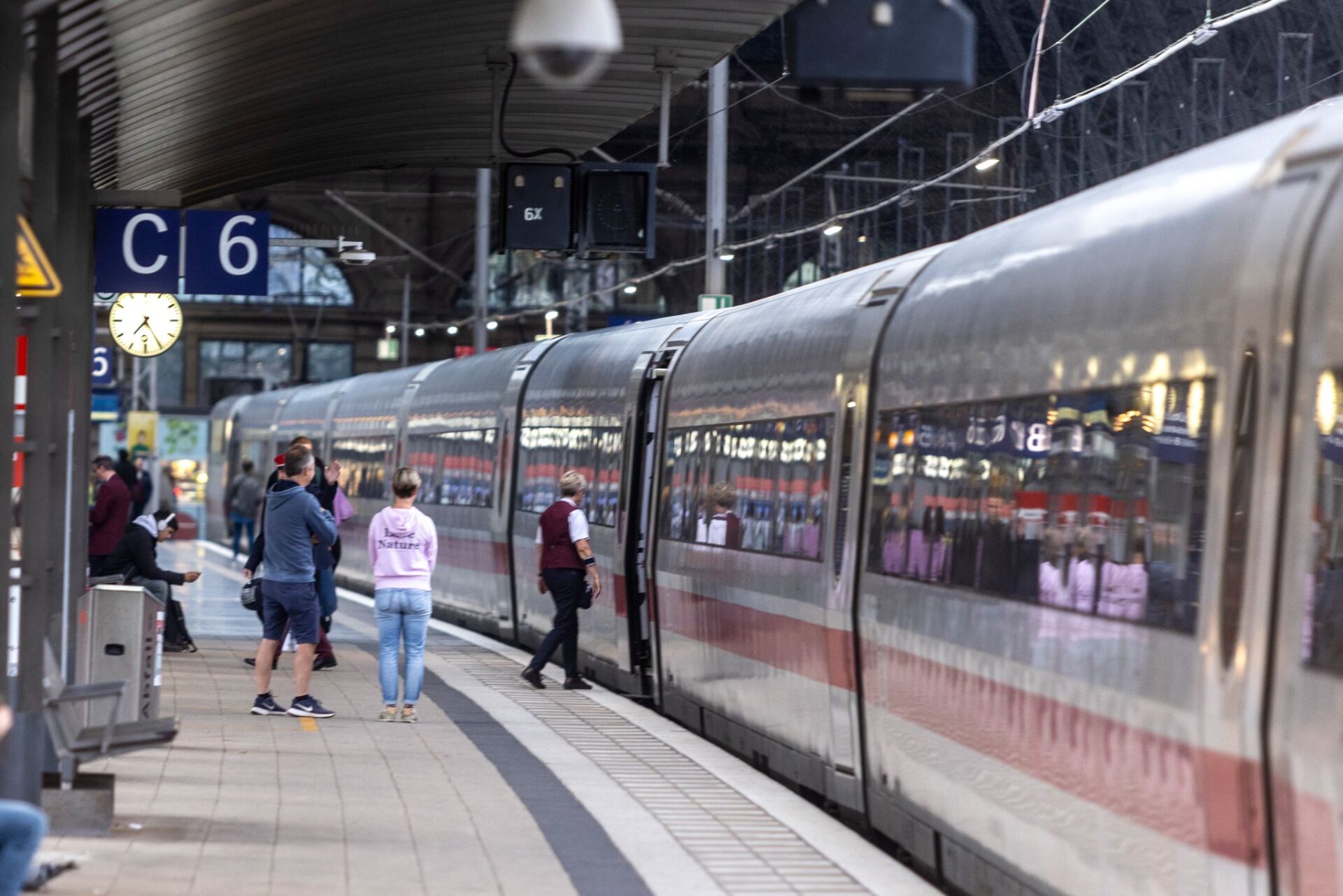The train connection to the city of Lisbon is one of the six worst on the European continent, according to an assessment made by Greenpeace on the use of the railway in the countries of the community bloc.
According to the assessment made by Greenpeace, published today, Lisbon, Athens (Greece), Pristina (Kosovo), Sarajevo (Bosnia and Herzegovina), Skopje (North Macedonia), and Tallinn (Estonia) are the six cities with the worst connections in Europe, without any connection to another major European city.
In contrast to these six cities, Vienna, the capital of Austria, is the city with the best rail connections, with 17 direct ones between the Austrian city and other capitals.
In the analysis made by Greenpeace, Munich is the next city on the list, with 15 direct connections between that German city and another, then Berlin, with 14, Zurich and Paris, each with 13 direct connections.
However, the non-governmental organization warned that there is a generalized underutilization of the railway, particularly of the lines. Although Vienna is the city with the most direct connections, the trains only use 59% of the available routes, so there could be 12 more direct connections.
The other cities on this list could also gain more routes, for example, Munich and Berlin could have 14 more direct connections, Zurich 15 more, and Paris 16 more.
Greenpeace reports that the number of passengers taking advantage of night trains to travel across Europe has plummeted since 2001 and in 2019 there were only 445.
Therefore, the environmental organization urged the European Union and national authorities to rethink their investments in transportation and take advantage of the railway’s potential.
 go to the original language article
go to the original language article
